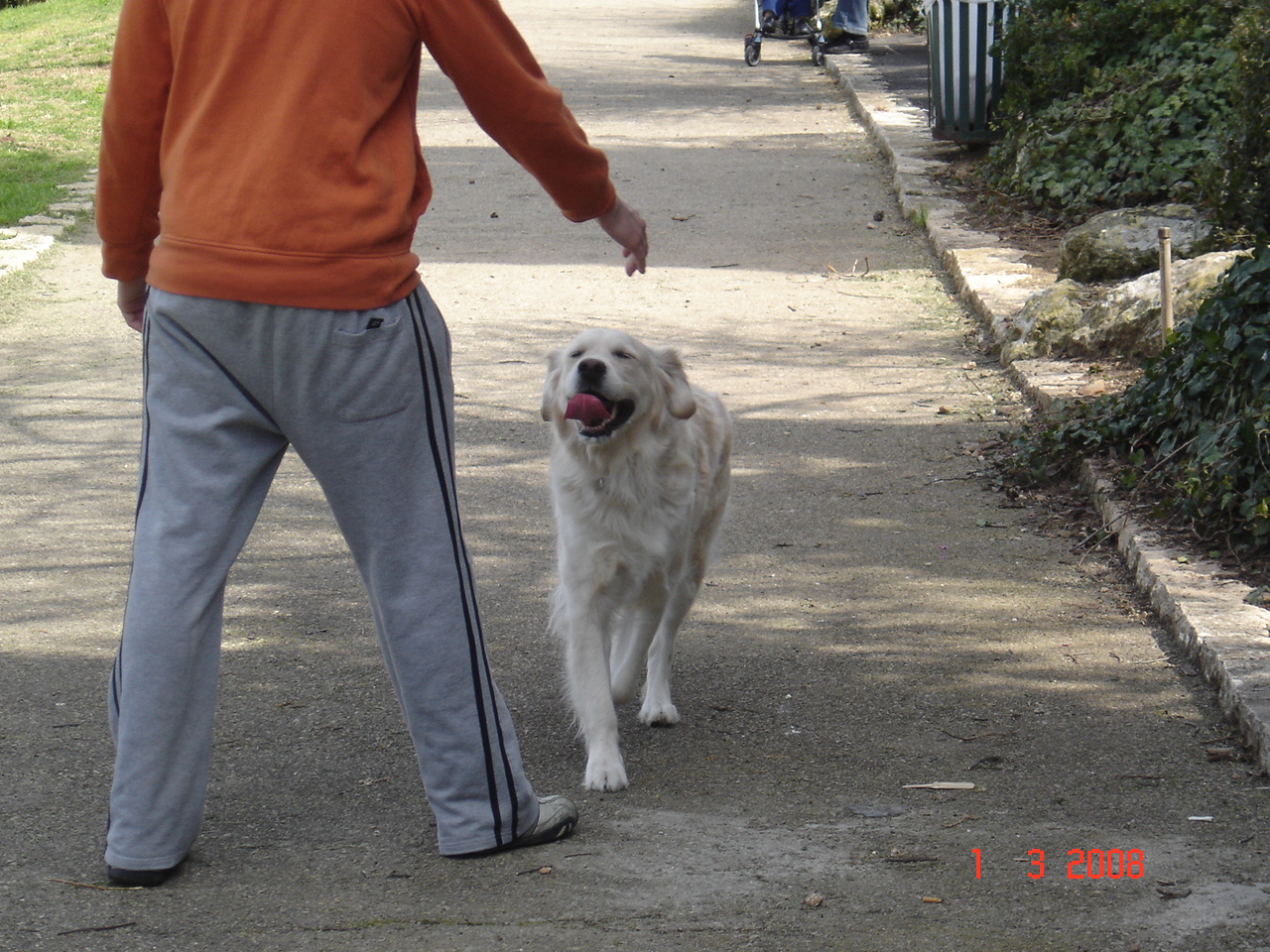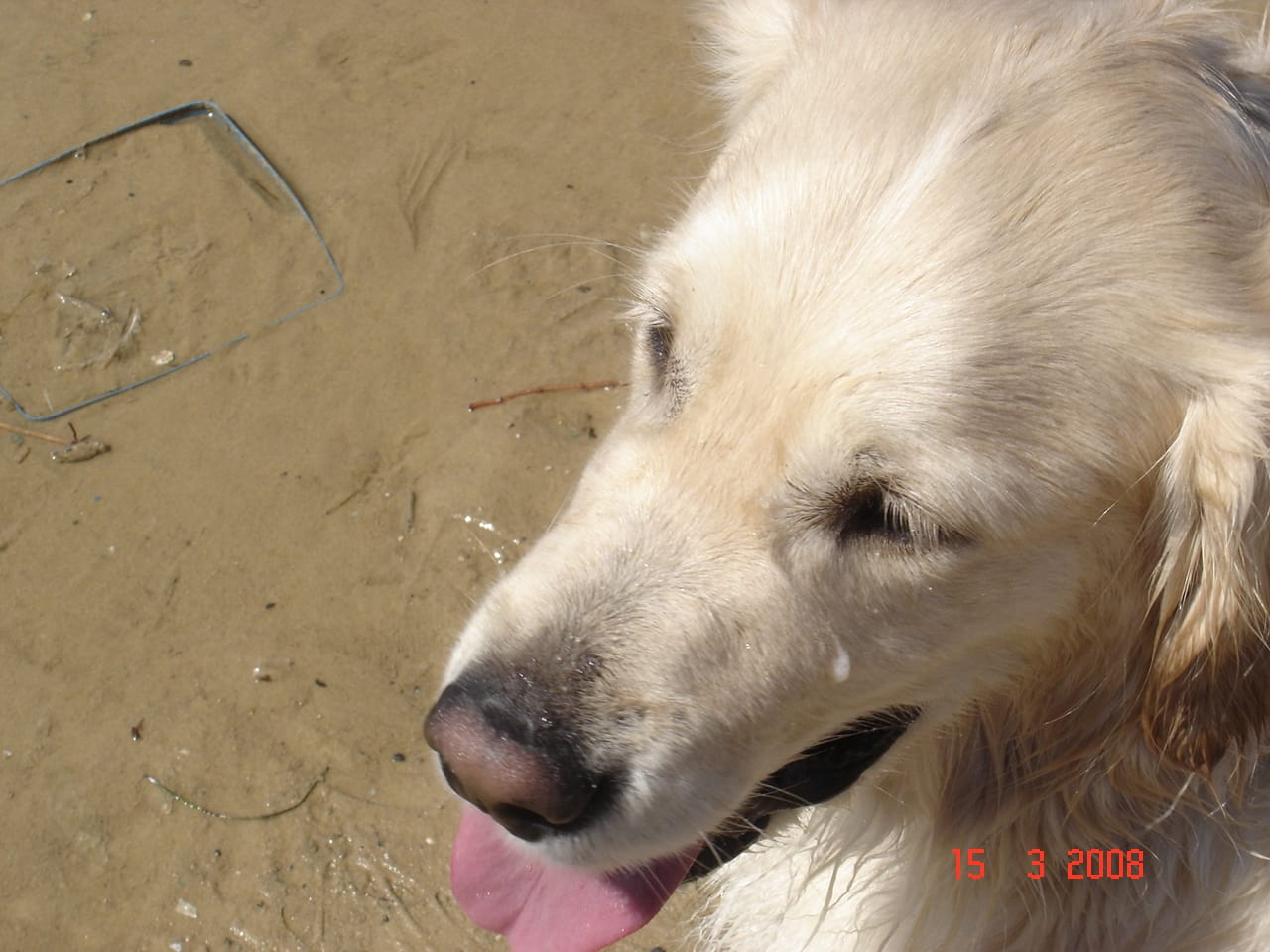Training your dog is essential for building a strong bond and ensuring a well-behaved companion. Here’s a basic guide to get you started.
1. Understanding Your Dog
- Breed and Temperament: Different breeds have different traits. Familiarize yourself with your dog’s specific behaviors and needs.
- Communication: Dogs communicate through body language, vocalizations, and facial expressions. Learn to interpret these signals.
2. Basic Training Principles
- Consistency: Use the same commands and cues across training sessions.
- Patience: Training takes time. Be patient and positive.
- Short Sessions: Keep training sessions short (5-10 minutes) to hold your dog’s attention.
3. Essential Commands
- Sit: Helps manage your dog in various scenarios. Hold a treat above their nose and move it back, prompting a sit.
- Stay: Builds impulse control. Command “stay” while showing your palm, then reward.
- Come: Essential for safety. Use a leash initially, call their name followed by “come,” and reward them when they respond.
- Down: Encourages calm behavior. Lead them into a lying position with a treat.
4. Positive Reinforcement
- Rewards: Use treats, toys, or praise to reinforce good behavior. Make rewards timely.
- Praise: Use a cheerful tone to motivate your dog.
5. Socialization
- Early Exposure: Introduce your dog to different environments, people, and animals early on.
- Controlled Settings: Ensure all interactions are positive and controlled.
6. Addressing Behavioral Issues
- Identify Triggers: Understand what causes undesired behaviors.
- Redirection: Redirect inappropriate behavior to a suitable activity.
7. Tools for Training
- Leash and Collar: Essential for control during walks and training.
- Clicker: Used for clicker training, marking desired behavior.
- Treat Pouch: Handy for carrying rewards during sessions.
8. Continuing Education
- Advanced Training: Consider obedience classes or advanced skills.
- Professional Help: Consult a professional trainer for persistent issues.
9. Patience and Perseverance
- Consistency: Maintain regular practice and reinforcement.
- Adaptability: Be willing to adjust techniques to suit your dog.
By understanding your dog and applying these basic training techniques, you’ll foster a positive, respectful relationship. Enjoy the process and celebrate the small victories along the way!




